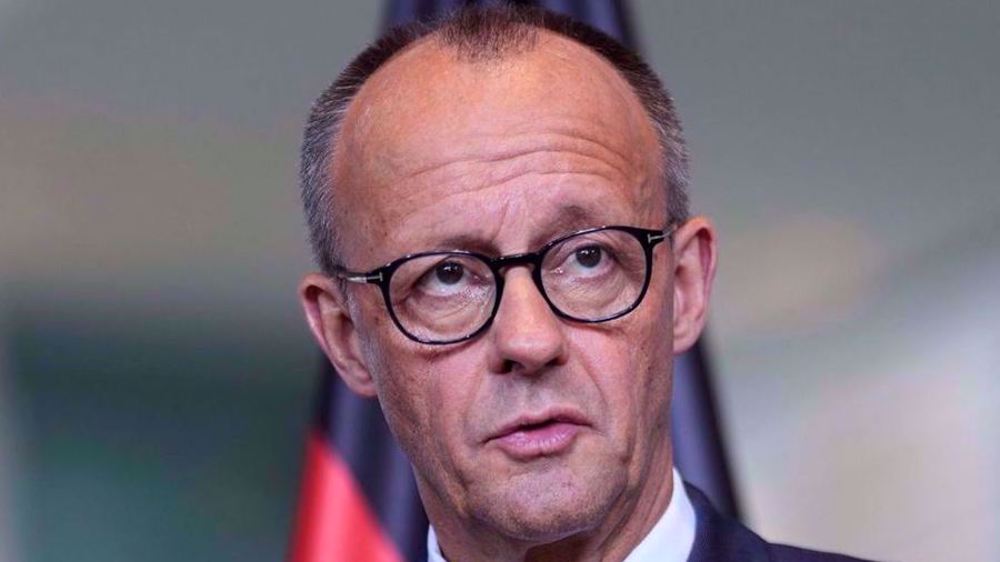German chancellor defends coalition deal amid criticism among conservative allies
German Chancellor Angela Merkel has defended her decision to form a coalition government with the Social Democrats (SPD) amid criticism within her conservative ranks, describing the compromise and concessions as “painful” but “acceptable.”
Following marathon talks, Merkel renewed a “grand coalition” with the SPD and managed to secure a fourth term after making concessions on Europe and fiscal policy and giving the center-left party the finance, foreign affairs and labor ministries.
Merkel’s coalition deal and, in particular, her decision to give away the powerful Finance Ministry have drawn strong criticisms from her conservative allies.
“It was a very conscious decision at one point (during negotiations) to say ‘yes’ this works, even though I know and I myself felt it was painful,” Merkel said in an interview with the public broadcaster ZDF on Sunday night.
Merkel said she was aware that some members in her conservative Christian Democratic Union of Germany party (CDU) and sister party Christian Social Union in Bavaria (CSU) were displeased with the decision to hand over the top ministries to the SPD.
“I understand the disappointment,” she said.
She, however, brushed off criticism from her conservative allies and said the CDU/CSU bloc and the SPD needed to get along with each other to protect Germany’s image of stability and political maturity.

Merkel said it would have been “irresponsible” to let the coalition talks collapse and “we sure did pay a price for a stable government.”
She advised the conservatives behind her to now celebrate the achievement and get focused on the bright side of it.
“We have six ministerial posts to fill and from my point of view we need to ensure that not only the over-60s are considered but also younger people,” she added.
She also said criticism by the conservatives was not a sign her authority was waning.
The CDU/CSU bloc and the SPD have been coalition partners since 2013. Both complain about the huge sacrifices they have been forced to make for forming a “grand coalition.”
The hard-fought coalition deal should pass a ballot by the SPD’s deeply divided base of 470,000 rank-and file members, who could choose to kill power-sharing pact.
Merkel was forced into coalition talks with the SPD after she fell short of an outright majority in the September 2017 elections mainly due to the rise if the far-right, which snatched many votes away from the major parties.
IRGC announces 'blinding' US, Israel's eye in region; vows harsher retaliation coming
Iraqi resistance leader urges Americans to ‘reclaim’ country from Israeli ‘puppet Trump
Iran blasts US-Israeli use of autonomous killer systems against civilians as 'war crime'
US-Israeli aggression left Tehran with no choice but to defend Itself: President Pezeshkian
Iran urges immediate intl. action against US attacks on schools
Iraq won’t allow terror groups to cross border into Iran: Security official
Iran’s security chief: Does America come first or Israel with 500 US soldiers killed?
Iran warns all Israeli embassies ‘legitimate targets’ if Lebanon embassy attacked












 This makes it easy to access the Press TV website
This makes it easy to access the Press TV website